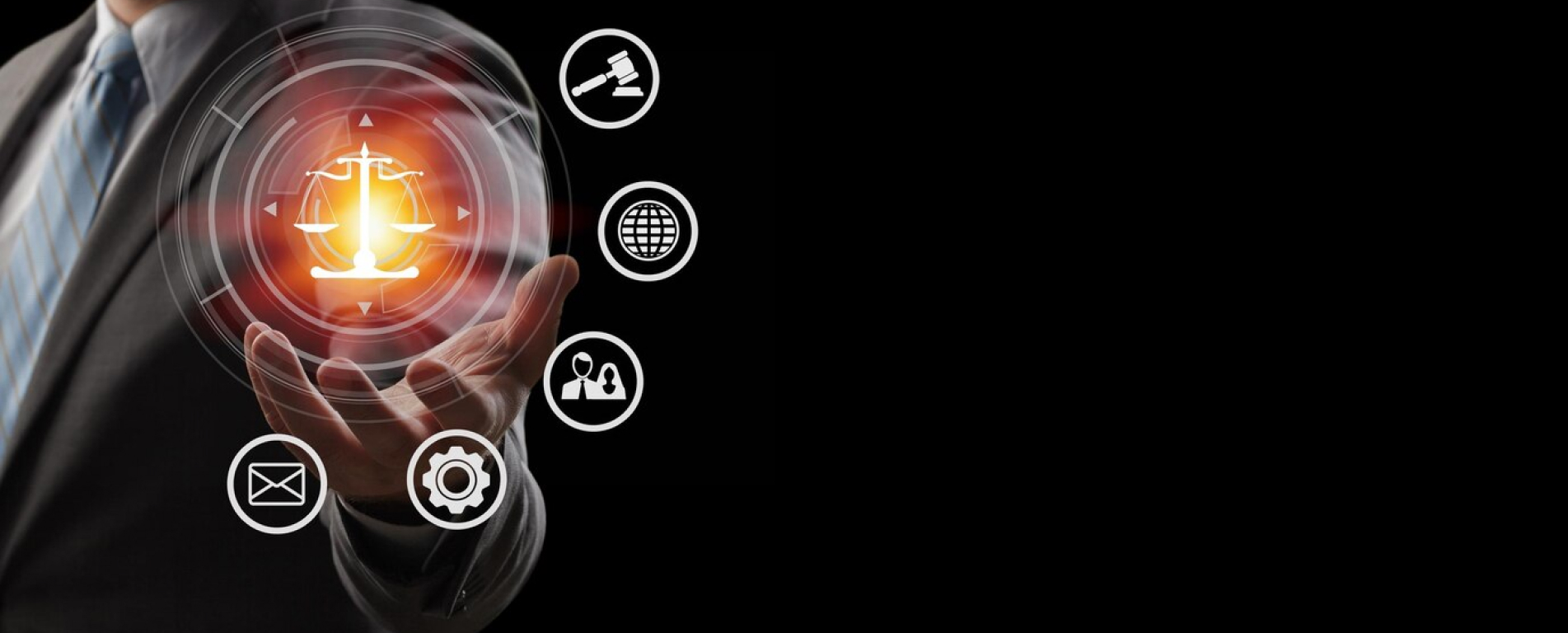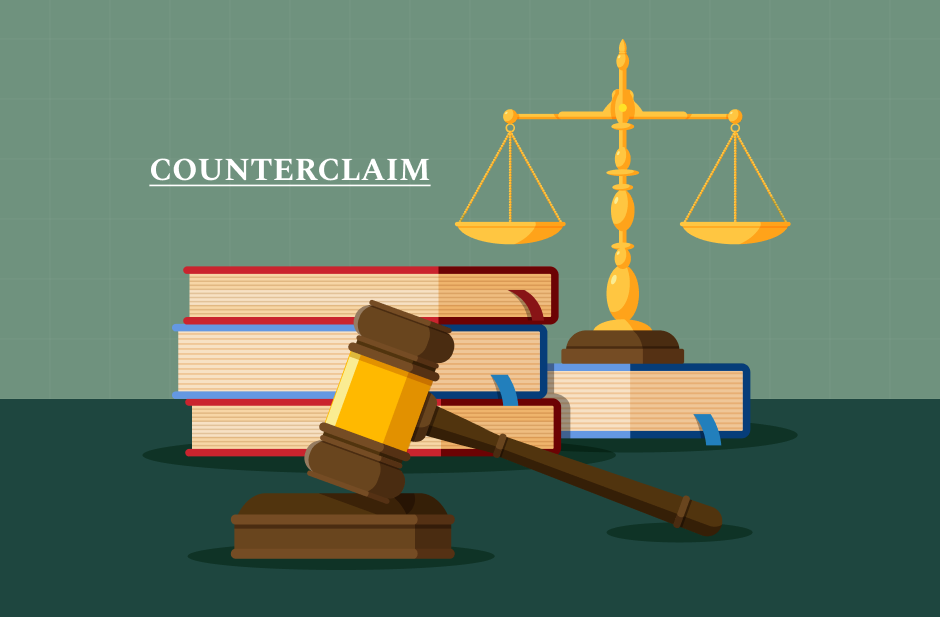In the 21st century, technology is an evolving concept. It has a considerable amount of prevalence in society that has made it a common practice to involve it in every field.
Be it AI or machine learning, the legal field is now adopting various principles to streamline its business procedure. The legal tech industry is now making a significant impact in society and there are some principles that you need to keep in mind to keep with it.
In this blog, we’ll discuss in detail the various aspects of legal technology, its evolution, and history. You will also learn in detail about how to kickstart your legal career by knowing some of the usages of these tools.
Understanding Legal Technology
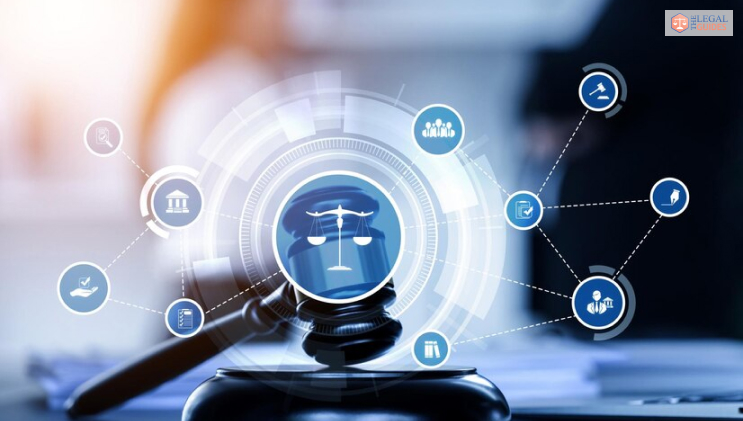
Legal technology or legal tech is the usage of software applications to upscale one’s legal services. Legal tech start-ups are adopting these methods to upscale their business model from the conventional legal market.
There are different concepts that are encompassing in the evolution of legal technology. Since different law firms have different business needs, legal technology is hence evolving according to those norms.
Technologies like machine learning and AI are primarily used to find documents of due diligence. Moreover, these technologies are now excelling in making contracts and involve various different aspects to improve the UI design.
History of Legal Technology

Legal technology was not as seamless as it was before. Through the 70’s and 90’s, many academic attempts formalized the concept of legal reasoning. Later on, in 1987, the ICAIL made AI to be commercially available for people to access as an expert system.
There have been more attempts to make legal tasks easier by incorporating machine learning. Predictive coding then became prevalent during this time. These tools helped the litigators to make litigation possible with a trained subset of documents.
In the year 1975, the US Federal Judicial Centre started out a COURTRAN project that kept the electronic recordings of the court. At first, it was used only for criminal cases but it later adapted and now it manages civil cases as well.
Later the COURTRAN was replaced by the Integrated Case System Management in the middle of the 1980s. This Legal Information Institute was set up at Cornell University which made law and technology easily accessible.
Importance of Legal Technology
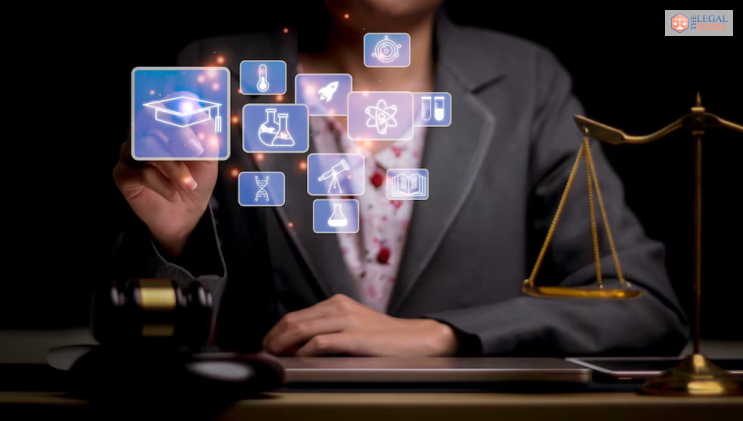
Legal technology is a niche that benefits everyone. It’s like a box of pizza, everyone gets a piece and everyone enjoys it. Similarly, clients, lawyers, and even judges face considerable advantages with technological integration. Let’s see how:
Lawyers
Legal technology helps attorneys to practice much more efficiently. Technology helps the lawyers store all their documents at a go when they need it to double back up in the office.
Imagine while working, a case file suddenly goes missing. Luckily, since you have a soft copy of it backed up in your computer, it becomes easy to access it and avoid any disastrous consequences.
With legal software systems, as a lawyer, you can now stay organized and can easily access any crucial information from anywhere at any time.
Judges
Virtual conferencing is now a normal phenomenon between lawyers and clients. However, with the advent of legal technology, even judges are now shifting towards a virtual conferencing system.
This has made the overall court procedure extremely efficient. Legal technology has now removed the barrier of availing experts physically to appear in court.
Furthermore, it is now even more seamless for other disadvantaged litigants to appear in court easily curtailing loads of costs and failure-to-appear rates.
Clients
Legal technology still needs a lot of nurturing when it comes to the client side. However, legal technology has made it easier to hire lawyers easily. These lawyers are now helping the clients to narrow down their search intent and also gain feasible information about their specialties.
Moreover, legal technology also is a feasible method to provide justice to people who are in dire need of it. For example, payment procedure for legal representation. In this case, the legal tech industry helps disadvantaged people access justice easily and drives an industry-wide shift towards a much more flexible form of legal service delivery.
What are Legal Software Systems?
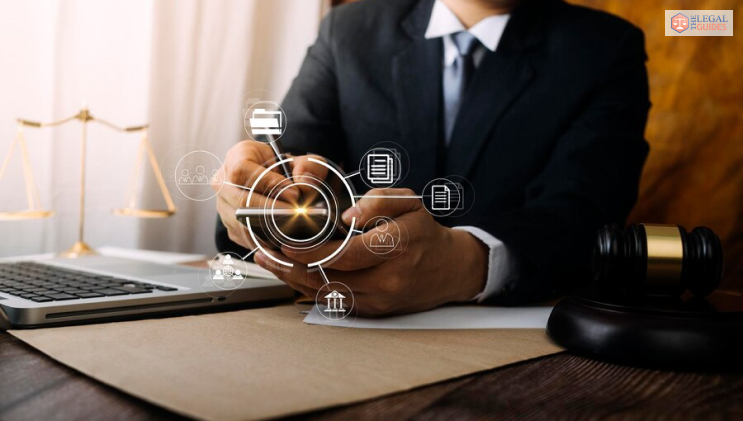
Legal software systems are generally a suite of programs that primarily help law firms streamline their daily business operations. It depends upon the premises of the hardware. Legal professionals are now getting more things done than usual and have been significantly helping clients to serve better for their needs.
Now, you might be wondering what are legal software. Well don’t worry, we’ve got you. They are:
- Ability to sign the documents with the help of e-signatures without the need to print everything by hand.
- Usage of legal accounting software significantly helps the accountants to keep track of the firm’s finances and cash flow.
- Helps in running the administrative wing of the firm and immensely helps out with appointment scheduling.
- Looking after efficient documentation and storage formats.
What is Litigation Technology?

This is a piece of software that helps discover the different aspects of the litigation process online. It also streamlines the entire process of litigation by incorporating different types of litigation technology. For example, using Microsoft PowerPoint for presenting evidence and making trial procedures more feasible than before.
Legal Technology Lawyers: Who Are They and What Do They Do?
A legal technology professional or a legal technology lawyer is someone enabling and encouraging the firms to confer with legal technology. This immensely helps in streamlining the delivery of legal services.
A legal technology lawyer helps you in different ways. They are:
- Implementing a seamless practice management system.
- Setting up an active website for your law firm.
- Helps out with online accounting and bookkeeping.
However, in larger law firms, legal professionals primarily are part of the IT team and manage all the hardware and software that the employees use. However, firms sometimes even outsource these professionals to relieve themselves from any stress.
Technologies Used By Law Firms
After knowing about the nitty-gritty of how legal technology works, you’re probably intrigued to know what exactly are the software the law firm uses. Some of these systems often offer a single service, while some are jack of all trades. They are:
Case Management Software
This manages every aspect of your law firm. They have a single cloud-based source of truth, where law firms can store, access and even manage the client data efficiently.
Billing and Tracking Software
This software primarily helps the lawyers to track out their clocked-in hours efficiently. It also improves the accuracy of the lawyers to reach their targets seamlessly.
Document Management and Automation Software
In this case, the firms are allowed to automate the method of document creation by using various intelligent templates. These help in saving up time and other resources for practice.
Online Payment Processing
The software for incorporating legal payment plays an important role in any law firm. However, the payment procedure must definitely confer with the trust accounting rules.
Evolving Trends in Legal Technology
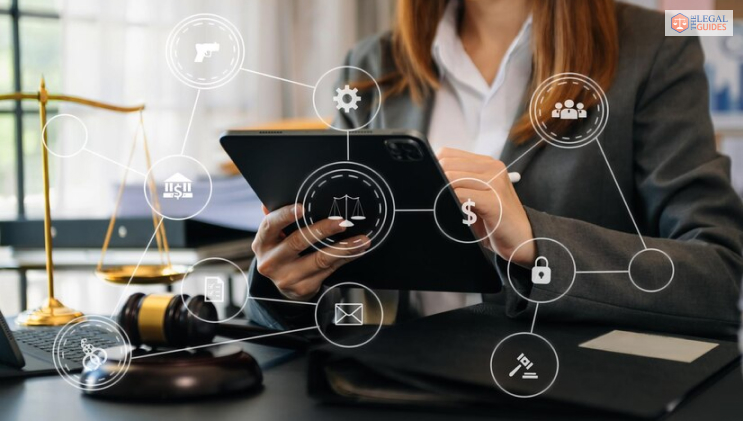
With the commencement of the COVID-19 pandemic, legal technologies are constantly evolving and are changing rapidly to accommodate the present scenario. 2020, however, accelerated the overall digital transformation method of the legal profession.
Cut to 2024, within 4 years, technology has revolutionized the operating methods of lawyers. It has significantly helped lawyers to access firms and stay in constant communication with their clients. Now, dealing with the client’s demands has become much easier. It has also simplified the firm’s capability to accommodate the client’s demands.
However, let’s focus on some of the key areas where technology has made a mark in the legal profession:
Remote Meetings
Previously, holding remote meetings was something that was few in number and far between. However, with the commencement of the social distancing methods, the clients and the lawyers both adopted the virtual medium as a feasible method of video conferencing.
According to a Legal Trends Report in 2022, 25% of clients prefer to interact virtually rather than in person.
Online Payments
Remote meetings were not the only things that clients preferred during the pandemic. They also bestowed higher expectations on law firms to use feasible technology and work with lawyers by including online payments. Clients are now much more inclined to hire lawyers who accept online payments.
Client Intake
Technology is now helping law firms to stay ahead of their game in client communications. They are helping to meet the immediate needs of the clients and provide you with a strong perception of responsiveness. This, in turn, drives towards a real and sustainable competitive advantage in the firm.
Virtual Offices
Many lawyers and even law firms are now using cloud-based technology to work seamlessly and stay connected with their firms and clients from anywhere.
Final Thoughts
And there you have it! Now you know everything you need to know about legal technologies. You’ve also learned how it has impacted the current day-to-day scenario and has evolved the technological implications at go.
We hope you found this blog informative and useful.
Read Also:








